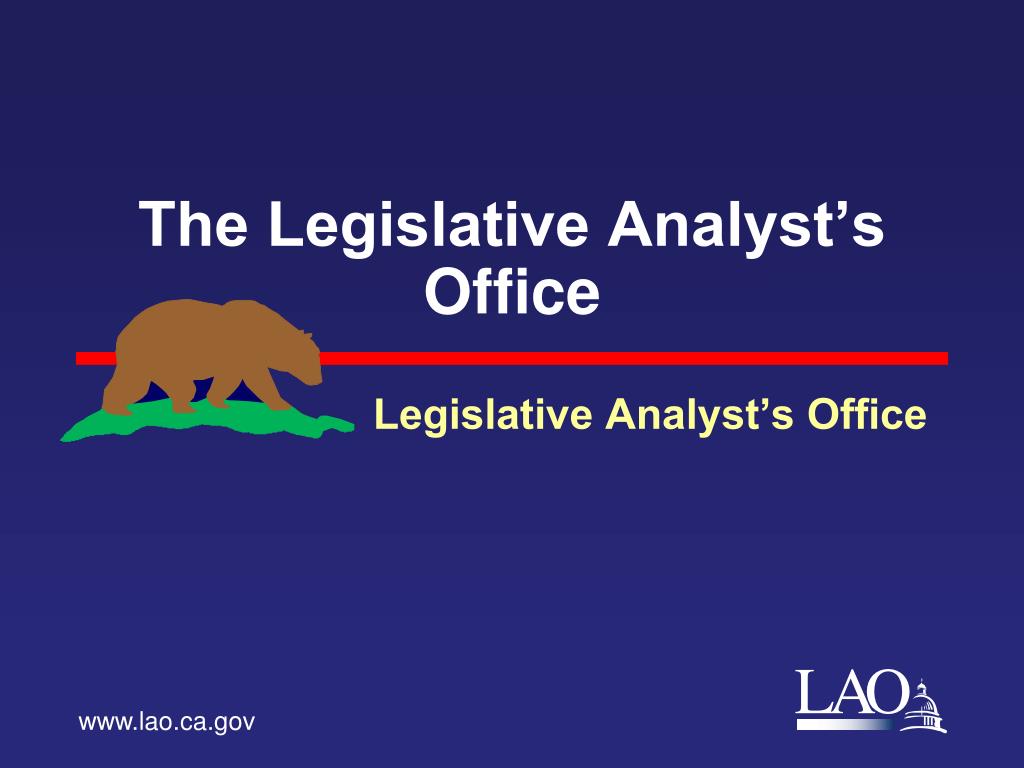
California State Capitol (Photo: Kevin Sanders for California Globe)
Legislative Analyst Reports: California Facing $58 Billion Budget Deficit Over Next Few Years
‘A steady diet isn’t going to do much – we need liposuction to fix this’
By Evan Symon, December 1, 2023 10:39 pm
According to a new report released by the Legislative Analyst’s Office (LAO) on Friday, California will likely face a budget deficit of $58 billion over the next few years, with massive spending cuts likely to come because of less than expected tax revenue coming in.
California’s state budget has fluctuated wildly in the past several years. During the COVID-19 pandemic, California saw the largest surpluses in state history, including an unprecedented $31 billion surplus in 2022-2023. However a weakening economy, a massive loss of the state population and companies moving out of state, delayed tax changes and numerous other factors led to a severe deficit the next year. An initial deficit of $25 billion, which was later changed in May to $31.5 billion, rocked the state. While the state managed to continue on with a reduced budget, experts warned that the situation would likely grow worse with continued tax shortcomings.
In a LAO report on Friday, a new projected budget deficit 0f $58 billion over the next few years was announced. According to the report, the biggest factor to blame were delayed state taxes caused by the massive winter storms from the beginning of the year. While California eventually received those taxes, they fell below a whopping $26 billion than expected. Higher borrowing costs and reduced investment in the state also factored in state losses in the years to come.
“This decline is similar to those seen during the Great Recession and dot-com bust,” the report said. “While the slowdown of investment in California companies and corresponding broader economic weakness likely was a primary driver of this decline, another important factor was financial market distress in 2022. Whether the recent weakness will continue is difficult to say. However, the odds do not appear to be in the state’s favor. Past downturns similar to this recent episode have tended to be followed by additional weakness.”
$58 billion projected deficit
Democrats in the state legislature largely brushed off the report on Friday, noting that the state is prepared to deal with budget issues.
“While this latest update to the revenue forecast is not welcome news, California is more prepared than ever to withstand budget challenges and our economy overall is stronger than projected,” said State Senate Pro Tem Toni Atkins (D-San Diego). “We will have a clearer picture of our situation as we approach the budget deadline next June. But with our record reserves and other budgeting tools, we, along with our partners in the Assembly and the Administration, will work through these challenges while protecting middle class taxpayers and our progress on core programs that help all Californians.”
Assembly Speaker Robert Rivas (D-Hollister) was also optimistic, adding that “California is more prepared than ever to navigate this latest challenge, given the state’s record reserves of $37.8 billion. When the next budget is due in June 2024, there will be a more crystallized understanding of our revenues and overall economic landscape.
“I remain committed to working with my Assembly, Senate and administration colleagues on a 2024 budget that protects classroom funding and prioritizes support for core health care, safety net and public safety programs.”
However, Republican and some Democrats countered that the deficit should not be taken lightly and that less spending is needed rather than tapping into the state’s emergency reserves.
“Hopefully, the majority will see it is time for a more realistic budget strategy, instead of throwing money at a laundry list of projects that sounds nice on the national television debate stage,” said Senator Roger Niello (R-Fair Oaks).
While the $58 billion figure is by no means definite, past projects by the LAO have been somewhat conservative, indicating that the figure could grow later next year as the situation becomes more clear.
“In 2020 we had a big $54 billion deficit,” explained accountant Lee Greenman, a California-based accountant who helps city and other regional entities fix budget problems, to the Globe on Friday. “We seemed to have forgotten that as there were two good years of surplus afterwards. But then, last year, right back to the deficit. And now, it looks like another few years like that ahead.”
“It is early to claim that $58 billion will be the final figure. But right now, that is where it is at. While it could improve, the fact remains that California will be facing yet another big deficit. It is very worrying that a lot of lawmakers in this state are not worrying more about it or are looking at things to start cutting. As it stands though, you know, it isn’t trimming the fat at this point. A steady diet isn’t going to do much. We need liposuction to fix this.”
Revised projections are likely to come out soon to coincide with Governor Gavin Newsom releasing next years state budget draft in January.
- Bill to Require Law Enforcement Disclosure if AI Was Used To Help Write Reports - August 7, 2025
- Gov. Newsom Files FOIA Request To ‘Expose True Cost’ Of L.A. Federal Troop Deployment for Anti-ICE Riots - August 6, 2025
- California Redistricting: How Newsom’s Plan Will Demolish Hard Fought GOP Gains - August 6, 2025





It’s not the Governor’s or Legislator’s personal money. Why should they give a rat’s patootie?
800,000 taxpayers have left and there are more on their way out!
So who is left?
Perhaps retired people who pay limited taxes and others on government assistance, housed and unhoused.
This is not going to be a temporary situation. An emergency fund will only fill the gap once.
If any of us ran our households like this we would be joining the others on the streets.
Prop 98 guarantees 50% of all state general revenues go automatically to public education.. Less over all general fund revenues means schools must fight over a smaller funding stream. Our district just offered a 19% raise over the next few years.
What pays for that, if/when the overall Prop 98 funds also go down? Who dares get in front of the state teachers unions? Right now Prop 98 automatic public education funding is split with 90% going to K-12; and 10% going to to community colleges.
However, within Prop 98, is the provision, K-12 can adjust this 90:10 split solely for the good of K-12. Ergo, community colleges, the true educational work horses in this state, will be the designated losers in any general revenue fund decreases voters guaranteed in support of Prop 98 public education funding.
The cruel irony is community colleges are tasked to undo the failures of K-12 and provide remedial english and math courses to make up for K-12 failures in these basic skills.
So the taxpayer pays twice to get one minimally educated student: once in K12; and then again the second time for remedial community college course work – just so they can read, write and do simple math. We are not getting value for the huge amount we do spend on basic public education in this state.
Internal birth rates remain high, often very high. 6-5 children per couple. They will soon have their own housing demands too.
I’m surprised the deficit is $58 billion. The tech industry has done quite well in the last few months and tech employees with bonuses and cashing out options should reduce the deficit quite a bit.
https://tacticalcivics.com/
11 minute video
Local action, national impact